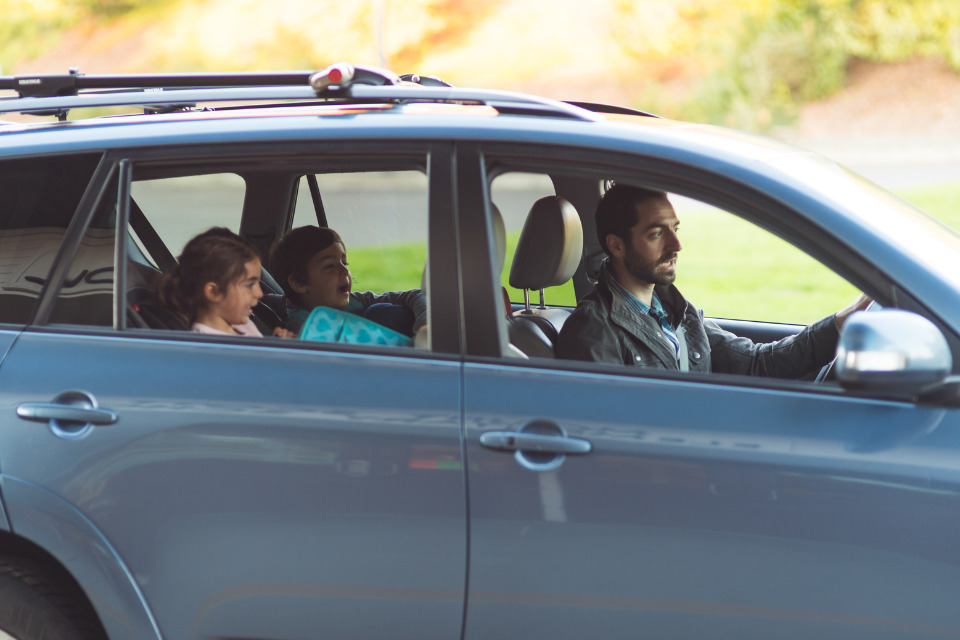Here are 10 tips to equip churches and families in their interactions with children about why being caretakers of God’s creation matters.
UNITED METHODIST CREATION JUSTICE MOVEMENT
The popular phrase “caught, not taught” declares that actions have more impact, especially on children, than words do. But Christian climate scientist Dr. Katherine Hayhoe maintains that the most important thing for addressing the interwoven climate issues is to talk about them.
With the future of our children, grandchildren, and their children at stake, let us focus on what we — individually and as a church — do and take the opportunity to talk about why that matters to us as caretakers of God’s creation.
Share these tips with your family, friends, and congregation. Choose any or all. Forward them to someone you care about. Cut-and-paste to put them with your email signature, correspondences, worship bulletins, newsletters, social media, or website.
-
- Use the worship materials for the Season of Creation (September 3–October 1) as a way of teaching all generations, especially the children, through the “Children’s Ministry Ideas” for each of the Sundays. Continue to find ways in worship in all seasons to assert that creation care is God’s calling to all.
- Be sure to walk the talk. What are children and youth learning from the church’s practices? Are recycling bins visible? Are meals served on washable dinnerware — not plastic or Styrofoam? Is food waste composted? Is there a bike rack providing an alternative to driving? Young ones are watching.
- Does the church have a vegetable garden? Invite young people to help with the planting, tending, and harvesting. Point out the wonders of growing things, as well as the justice of sharing with those in need. Check out the Harmony Creation Care Curriculum, written by two United Methodist EarthKeepers, Rev. Crystal Paul-Watson and her mom, Lavanda Paul.
- Does the church have a pollinator garden? Check on it regularly as an “I-spy” adventure or an art activity. Do the children see the bees and butterflies? The array of bright colors? Talk about the importance of even a tiny insect for creating food and delight. Talk about how the church is committed to taking care of God’s creatures. Share the books The Thing About Bees: A Love Letter or Honeybee: The Busy Life of Apis Mellifera.
- As the church plans mission trips, field trips, or retreats, think through the opportunities to practice sustainability, including asking everyone to bring refillable water bottles, providing ways for the group to minimize or compost food waste and reduce the use of paper products, and choosing a closer location and a method of transport that will reduce emissions. Encourage participants to be mindful of their impact.
- School is starting. If you have pick-up duty, keep the car engine off while you wait. Emissions from idling cars spew unseen particulates into the air, and research has shown this pollution negatively affects the cognitive performance of children. Get out of your car, enjoy the weather, and meet other parents, grands, and nannies. Tell them — and your children — why you don’t let the engine run.
- Investigate what is happening to unused food from the school. Some schools have a “share table,” allowing the children to leave fruit, milk, and any other packaged food they choose not to eat so that it can be refrigerated and shared with a community feeding program. This practice helps with hunger, teaches caring for others, and reduces food waste, which is 40% of most landfills. When children learn this mindset, they bring it home, too.
- Join other parents to advocate for opportunities for students to experience nature firsthand, including school gardens and field trips for a deeper immersion into the natural world. Invite your child to talk about the adventure and name it as part of the wonder of God’s gift and call to us to be good stewards.
- For the sake of a better future, tackle a big project, such as advocating for the school bus fleet to be electrified, the roof of the school — or church — to host solar panels, or multiple trees to be added to the campus. Big projects take time and commitment, but they have big dividends for the future and bring multiple opportunities to talk about caring for creation.
- Rake leaves this fall as a family, as a group of friends, or as a church youth group helping someone. Look for ways to turn the leaves into mulch so they continue to feed the soil, rather than bagging them and sending them to the landfill. Talk about the process God supplies for continuing to nourish the land, which in turn nourishes all of life.
The United Methodist Creation Justice Movement provides these monthly tips as a tool to equip church members, families, and individuals to respond to God’s call to care for creation and do justice with our neighbors. For more resources, go to umcreationjustice.org.
Last Updated on September 12, 2023

